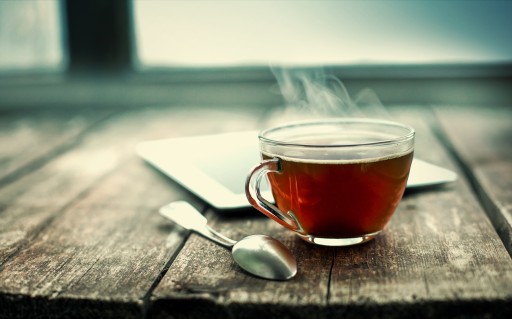Many people love to drink tea. It is said to be one of the most popular beverages in the world. Tea is often associated with health benefits and is known to be good for your health. In addition, it can help people reduce their weight. However, you should know that tea has many side effects, including stomach upset and an upset stomach after drinking tea.
What are the Side Effects of Drinking Tea?
In addition to having side effects such as being thirsty or a sour taste in your mouth, there are other side effects of drinking tea. Some people experience pain or discomfort in their throat when they drink tea. Others experience that the tea they drink is particularly bitter, which may cause them to be uncomfortable.
What Causes Bitterness in Tea?
Bitterness in tea is caused by a chemical compound called catechin. Catechin is one of the main components of tea, and it can be found in black tea, green tea, oolong tea, and white tea.
While there are many different types of teas that you can drink to lose weight, there are also different types of catechins. The type of catechins you get from each type of tea depends on the way that the leaves were processed. For example, oolong teas have higher amounts of theanine than other types do.
Polyphenols are the other main component of tea. They are responsible for giving tea its color and flavor. Polyphenols are also present in other types of foods, such as chocolate, red wine, green tea, apples, and blueberries.
Brewing Methods
If you use the right brewing method, you will be able to make a huge difference in how these compounds taste in your cup. When your tea is brewed, caffeine is one of the first compounds that are released from the tea leaves. And, the longer the brew, the more caffeine that ends up in your cup. Therefore, a shorter brew will produce a sweeter tea. In addition, warmer temperatures tend to cause the extraction of some highly astringent and bitter polyphenols.
How to Avoid Bitterness in Tea?
If you want to prevent bitterness in your tea and have it taste better than usual, then you should consider drinking black tea instead of green or white teas.Green and white tea undergo oxidation processing methods before they become a form that is ready to be consumed by humans. This oxidation is what gives them that bitter kick.
Ironically, those bitter and astringent properties also produce many of the beneficial effects in tea. If one of the goals of your cup of tea is to maximize the amount of caffeine or polyphenols that you drink, a bitter cup of tea may be just the thing you need. With most seasoned tea drinkers, bitterness is not something that they cringe at. To have the best taste, bitterness and astringency must be balanced with natural carbohydrates and volatile flavor compounds in the leaf, either through slow growth in the plant or by careful control in the brewing process.


